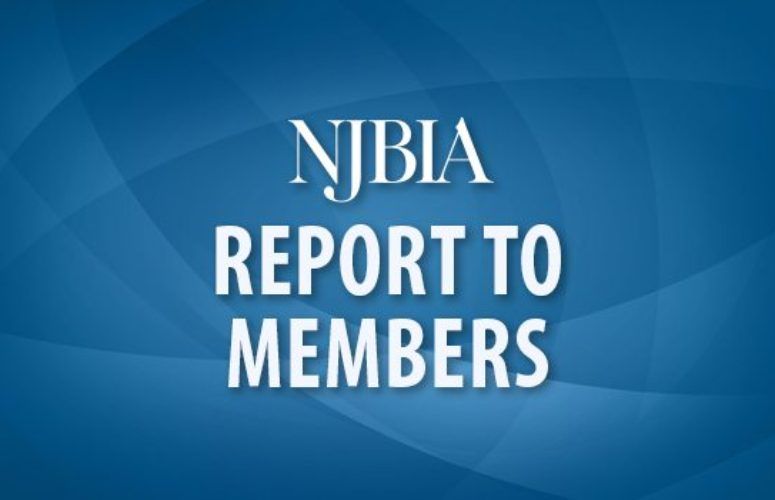
Asking for Attention to Affordability
Report to Members
By Michele N. Siekerka, NJBIA President and CEO On Jan 29, 2024February marks the start of the annual state budget season – a time when wary business taxpayers await the reveal of the governor’s proposed spending plan and lawmakers begin scheduling legislative hearings that examine the details.
The good news is that there should be no talk of new taxes for FY25, which begins July 1, because of the $8.3 billion surplus that was built into the current $54.5 billion state budget. However, any drawing down on that surplus should be done wisely, with an emphasis on one-time investments that stimulate the economy and protect the health of future budgets.
In other words, this is not a time to launch expensive new programs whose costs will continue to balloon in future budget years. Unsustainable state spending leads to a fiscal cliff that ends with either draconian program cuts or new taxes. We can afford neither.
Our businesses that have survived a pandemic, workforce shortages and record-high inflation need relief. Therefore, what the business community needs is a budget that focuses on making New Jersey more affordable and more regionally competitive.
Last year, we made progress. NJBIA worked with legislators and the Murphy administration, for example, to deliver laws that restructured the corporate tax code so that New Jersey is no longer an outlier in the way it taxes income companies earn abroad.
We fought for the sunset of the 2.5% corporate business tax surcharge that, when combined with New Jersey’s regular 9% CBT rate, produced an 11.5% rate that was the nation’s highest.
We succeeded in getting new small business resources enacted as well as teen worker reforms that help businesses, especially seasonal businesses, better navigate labor shortages.
However, there is still more to be done in 2024. Comprehensive property tax reform is needed, not just band-aids in the form of gimmicky rebates that specifically exclude businesses. A New Jersey CBT rate back at 9% is still not competitive with Pennsylvania, which is on schedule to reduce its corporate net income tax rate to 4.99% by 2031.
During budget deliberations in the months ahead, NJBIA urges policymakers to look toward thoughtful investments that will grow our economy. For example, creating incentives that catalyze innovation, such as research and development tax credits, would boost high-tech manufacturing that is so vital to New Jersey’s economic future.
Running a business in New Jersey is not for the faint-hearted. The positives, such as our skilled workforce and optimal location, are undermined by high taxes and regulatory overreach. NJBIA is committed to working with state policymakers in 2024 to pursue opportunities that make New Jersey more business friendly and competitive.
To access more business news, visit NJB News Now.
Related Articles:





